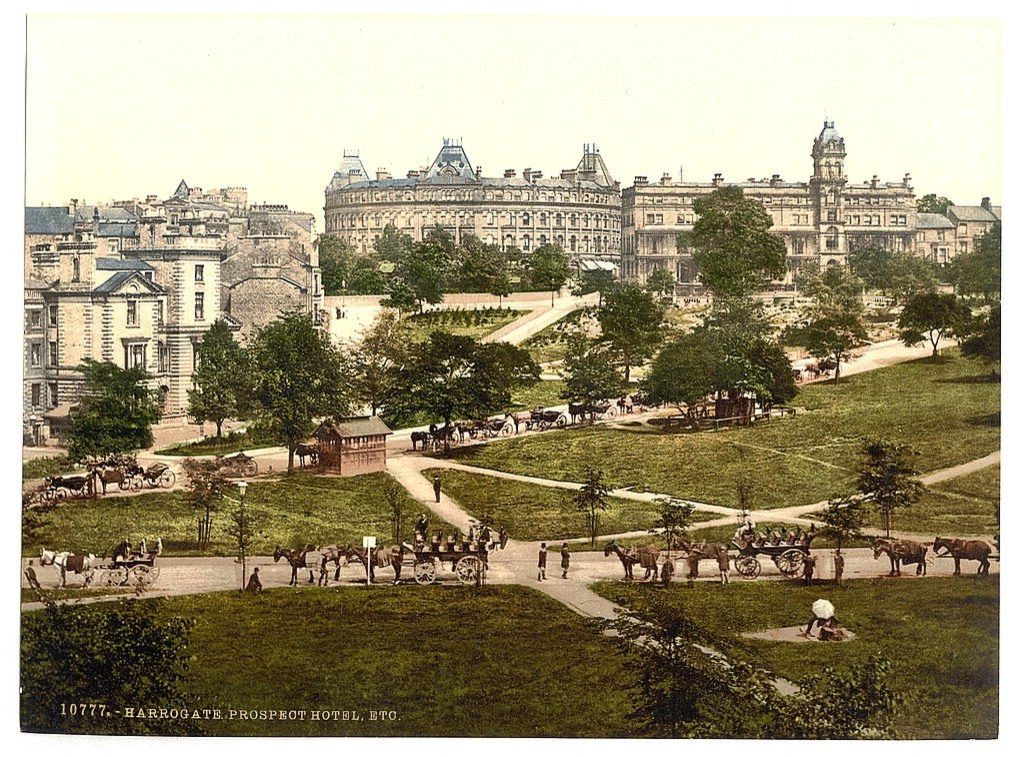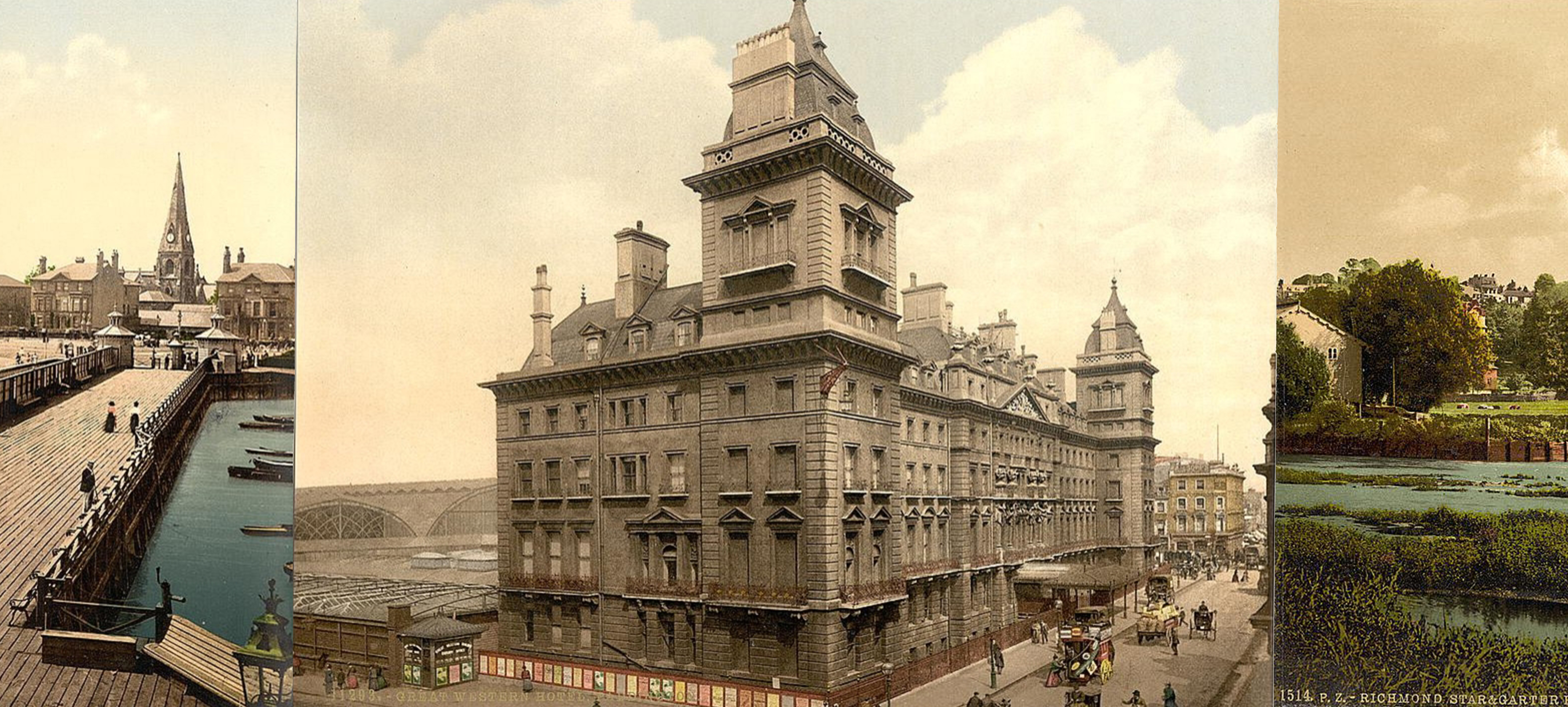
Our research builds on recent, innovative scholarship on hotels in periods and places of conflict to develop perspectives on hotels on the British home front. It extends work on the roles that hotels play as actors within, and shapers of, the contours of conflict, and how they serve as conduits for, and sites of, political, economic, and social contest.
Using case studies, we reveal the variety of purposes for which existing commercial establishments were adapted as part of the wartime infrastructure, and the enduring impacts of the war on Britain’s hospitality sector and expanded state infrastructures in the transition to peace after 1918. Some hotels returned to previous operations and ownership. Others were repurposed, sold, or continued wartime operations as hospitals, convalescent facilities, places of military accommodation and government offices. Hotels were deeply implicated in the wartime and postwar expansion of the apparatus of the state.
This research lays the groundwork for expanding the scope of research to the comparative analysis of hotels in neutral countries and in war zones during the First World War. It will strengthen an emerging research cluster, the Hotels and Violence Research Network, by fostering the wider, collaborative, international study of hotels in war and transitions to peace in a variety of contexts. And it will lay the groundwork for more extensive, collaborative work on hotels in circumstances of civil conflict, natural disaster, and pandemic.


